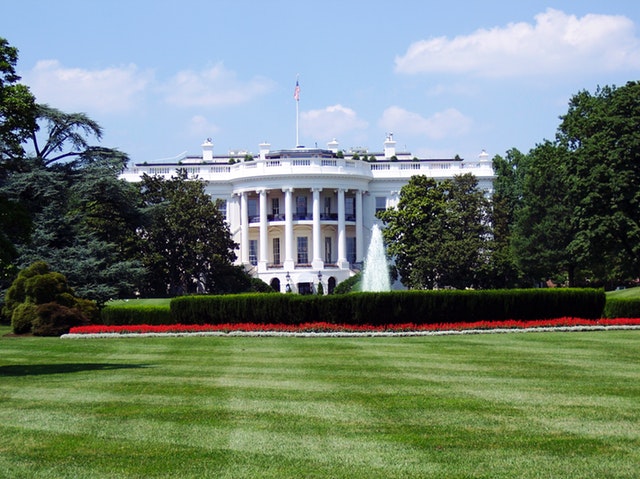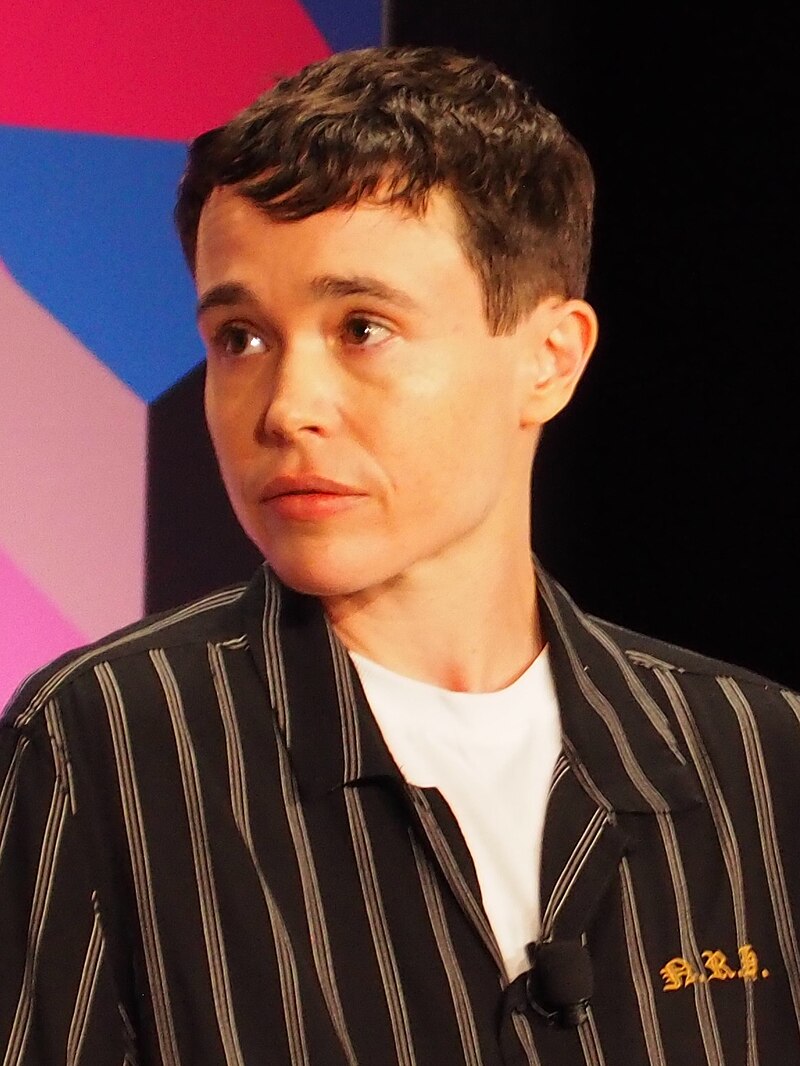Climate change—or as we prefer to call at PD, climate crisis—is an increasingly important issue for American voters. 70% of people in the Northeast believe global warming is a serious, even underestimated issue, followed by 67% in the West, 62% in the Midwest, and 60% in the South. That means a firm majority of Americans anywhere, in any region believe that climate crisis is a huge problem.
The American people are clearly seeking environmental leadership from our politicians, especially our Presidential candidates. But after the first round of debates between the Democratic candidates, it felt like climate change was barely discussed.
The truth is that with twenty candidates debating their positions on various issues, and with only fifteen minutes in total devoted to climate change over four hours, it was impossible to get a clear picture of what each candidate truly stood for. Yes, their policy ideas are outlined on their websites, but comparing and contrasting the plans and backgrounds of each candidate in detail could fill a book. If we want to figure out which candidates are really prepared to stand up for the environment, perhaps we should start by eliminating candidates who are only paying lip service to fighting climate change.
Luckily, the organization 350.org has already done a bit of the legwork. They’ve identified candidates that meet three basic standards: co-sponsoring or publicly supporting the Green New Deal, signing the “No Fossil Fuel Money” pledge, and demonstrating a clear commitment to keeping fossil fuels in the ground. Seven of them check all the boxes: Senator Cory Booker, New York City Mayor Bill de Blasio, Senator Kristen Gillibrand, Washington Governor Jay Inslee, Senator Bernie Sanders, Senator Elizabeth Warren, and author Marianne Williamson.
However, four of these candidates—Williamson, Inslee, De Blasio, and Gillibrand—are currently polling under one percent. Thankfully, this makes our job a little easier—we don’t necessarily have to see how each and every candidate stacks up. It’s true that early polling isn’t always a great predictor for the outcome of the primary, and the 2016 election proved that you can’t write off the possibility of a long-shot candidate winning it all, but if one of them suddenly shoots to the top of the polls, we can take another look at their plans in the future. Inslee, in particular, has made climate change a central focus of his campaign, but his poll numbers leave a lot to be desired. For now, we can focus on the candidates who are: a) committed to the basic standards that 350 has outlined, and b) polling above one percent.

As a Millennial, I need to see candidates who can help my generation and the ones that follow avoid the worst-case climate change scenarios. I grew up on a barrier island, I’ve lived in coastal areas my entire life, and my family was displaced by Hurricane Sandy in 2012. As someone who has never been able to ignore the realities of climate change, I’m happy to offer up my analysis of these candidates’ ideas.
Cory Booker
Part of me wants to get excited about the idea of a vegan president—and it will be interesting to see if Booker ever explicitly criticizes animal agriculture on the debate stage—but Booker’s current plans for addressing climate change are pretty bare bones. He has said he will rejoin the Paris agreement on his first day in the Oval Office, and put a moratorium on further drilling for oil. But other than that, it’s not too clear what he plans to do—someone needs to tell him that “increasing fees on coal mine operators to pay for the cleanup of abandoned mines” and “increasing staffing at EPA” aren’t going to cut the mustard at this stage. His support has also been lagging since he announced his campaign—although he’s still considered one to watch, it doesn’t seem like his overall platform is progressive enough to pick up enough Democratic voters in the long run. And as one of Booker’s former constituents (I recently moved from New Jersey to Virginia), I have to admit that his track record of accepting corporate money and lobbyist donations as a Senator isn’t promising—true environmental advocacy is going to mean standing up to the huge corporations that profit off the destruction of our environment, and frankly, I’m not sure we can trust Booker to do that in the long run.
Joe Biden
Since he’s the current frontrunner in the polls, it’s worth devoting some discussion to Senator Joe Biden’s plans as well. It’s true that Biden seems like he’s warming up to ambitious ideas like the Green New Deal, and his environmental policy proposals are extensive—but Biden’s newfound support for these policies seems rather suspicious. Going into this race, it was immediately clear that climate change is one of the most important issues for Democratic voters—especially for the younger generation—but he didn’t lend any support to the Green New Deal until he received serious pushback for suggesting a “middle ground” approach to the climate crisis, and he didn’t pledge to refuse money from fossil fuel companies until the day of his debate.
Yes, listening to the will of the people is part of his job—but how genuine is this shift? Is he making a real commitment, or is this simply an effort to pander to younger voters? Personally, I’m not convinced that he won’t flip flop again if he wins the presidency.
Elizabeth Warren
Amongst all of the candidates, Warren is being recognized for putting out in-depth plans on countless issues. Naturally, she has a plan for tackling climate change—three plans, in fact. One deals with protecting public lands, another deals with green manufacturing, and a third explains her plans for reducing the military’s dependence on fossil fuels. But the military plan has a major loophole in it—contractors can basically wiggle out of the requirements for low emissions if they deem it too expensive. It seems a bit naive to assume that this loophole wouldn’t be exploited.
Bernie Sanders
From my perspective, Sanders has correctly identified capitalism as the root of the problem—and he stuck his neck out to do it when it was still seen as a political taboo. While other candidates may tiptoe around deriding capitalism directly, Sanders is unapologetic in his assertion that our current economic system, which relies on infinite growth to sustain itself, is incompatible with sustainability—after all, we do live on a planet with finite resources. When you step back and reckon with the scope of this crisis, it becomes clear that we really do need a “green revolution.” But we’re going to need some more details on this potential revolution—the Sanders team is still consulting with activists and working on the final version of their environmental policy plan.
Because of his longstanding commitment to sustainability, his support for the Green New Deal, and his understanding that climate change is intrinsically connected to every other issue, I’m certain that Sanders will put out a more comprehensive plan soon enough. However, out of the frontrunners, it looks like Warren has addressed her plans for lowering emissions in the most detail.
My final thoughts? If you’re looking for all-around progressive candidates who are taking climate change seriously, listening to the concerns of young activists who are worried for their futures, and acknowledging the undeniable connections between climate change and other pressing issues, Sanders and Warren are leading the way. Neither of them are perfect candidates—Warren’s plan for the military needs work, and Sanders needs to get more specific with his vision, preferably before the next debate. But they’ve consistently proven themselves to be two of our most progressive senators for years now. Hopefully, we’ll get to see them together on a less crowded debate stage in the near future, with moderators who are ready to spend substantial time grilling candidates on their plans for our warming planet.
Let’s discuss—which candidate are you supporting, and why?
Also by Jane: Why Having Too Many Choices Is Making You Unhappy—& How To Streamline Your Life
Sending People To Space Isn’t The Answer To Our Environmental Crisis
Get more like this—Subscribe to our daily inspirational newsletter for exclusive content!
__
Photo: Pexels




